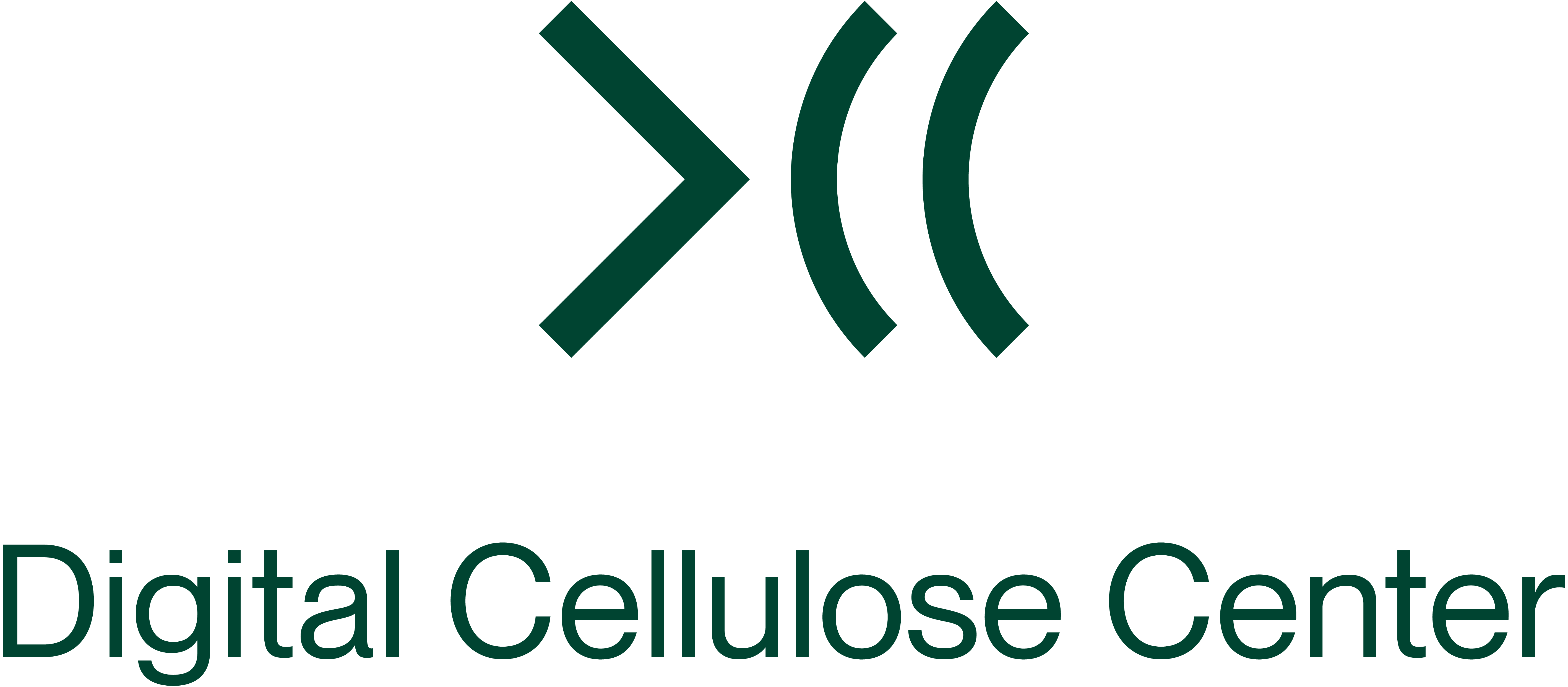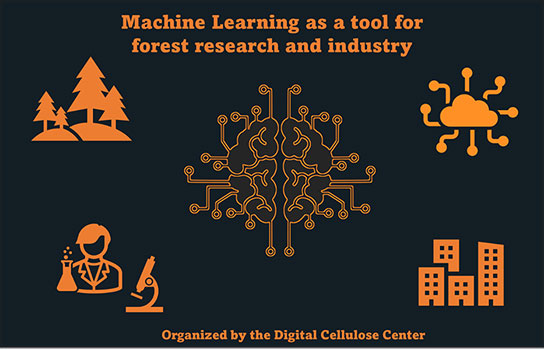How can Machine Learning (ML), Deep Learning (DL), and Artificial Intelligence (AI) be used as a tool within forest industry and research? This seven-part, university-accredited course, starting February 28th, is organized by the Digital Cellulose Center and aims to provide the necessary background and theory for researchers in academia and industry to understand how ML can benefit their work. These powerful emerging digital tools are being utilized in an ever-expanding set of applications.
More and more scientists are now finding the benefits of using ML in their research. Also, industries are learning how AI and digitalization can be used to optimize their products and processes. Besides theory, the course participant will learn how to start using these algorithms by themselves and start implementing them into their research. While the content of the course can be applied to any research area, like materials development and analysis, chemistry, or electronics, there will be a special focus on forest-related research.
Course for Ph.D. students and the industry
The course is primarily aimed at Ph.D. students, but attendants from the industry are also welcome to participate. The course is divided into three parts; Theory (1-5), Guest lectures (6), and a homework assignment (7). For students who wish to receive credits for the course, three parts are mandatory.
Course responsible is Amir Payberah, Assistant Professor at KTH Royal Institute of Technology. Credits are granted to the Ph.D. students from their own universities through communication between the course responsible and the Ph.D. supervisors. The recommended credits for a completed course are 3-4 HP. In the guest lectures (4 seminars), scientists and/or companies will give practical examples of how they have applied ML/AI in their research/business. The topics include material science, electronics and internet-of-things, and forest industry.
In the final part of the course, students will be given the task to perform a literature study on how ML/AI could be applied to their own research. The homework will end with the students presenting their findings in a seminar (~10 minutes presentations per student).
Click here, to register for the course.
Course Schedule
1. Introduction to the course and Python basic (Feb. 28, 2022, 13:00-15:00)
2. Data analysis with Python (Feb. 28, 2022, 15:00-17:00)
3. Machine learning (March 7, 2022, 10:00-12:00)
4. Deep learning (March. 7, 2022, 13:00-15:00)
5. Hopsworks (March 7, 2022, 15:00-17:00)
6. Guest speakers (March 14, 2022, 13:00-17:00)
7. Home assignment (date to be decided)
For further information, please contact:
Amir Payberah, course responsible and Assistant Professor at KTH:
payberah@kth.se
+46 72 554 40 11
Jesper Edberg, Researcher at RISE and Scientific Leader at the Digital Cellulose Center:
jesper.edberg@ri.se

